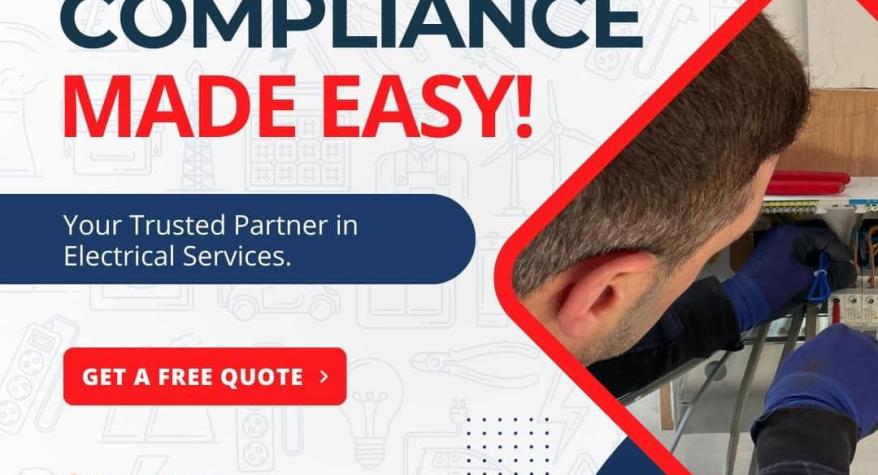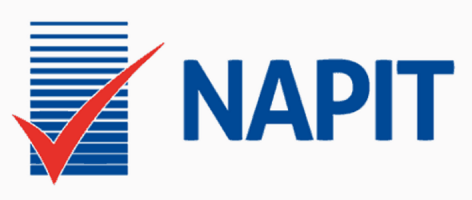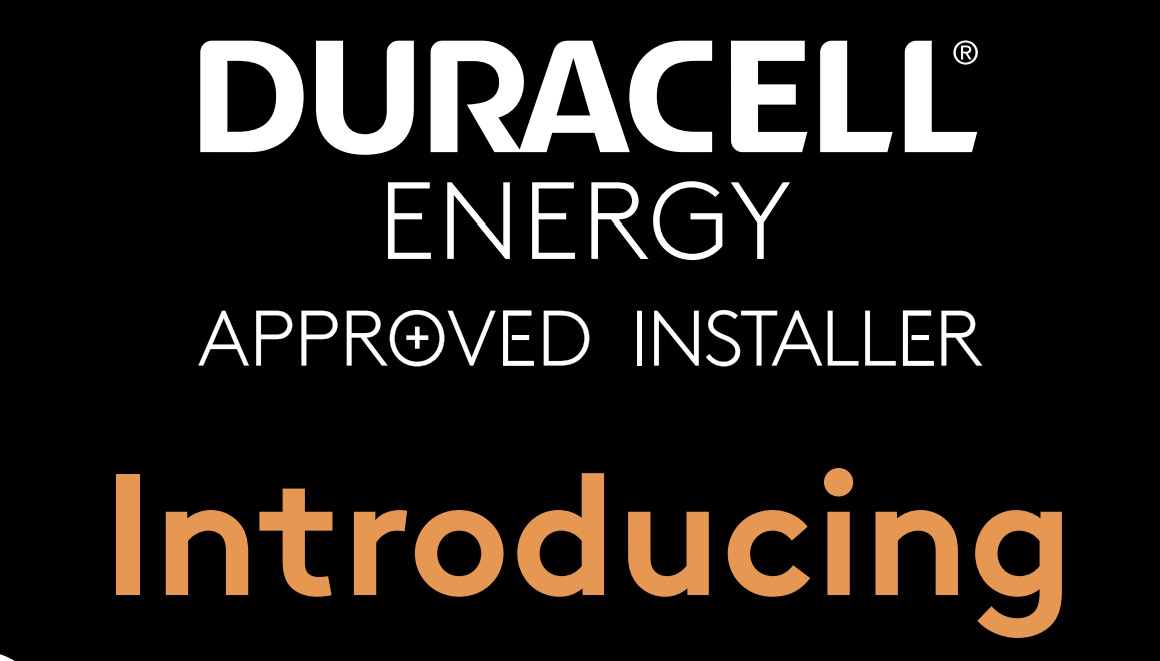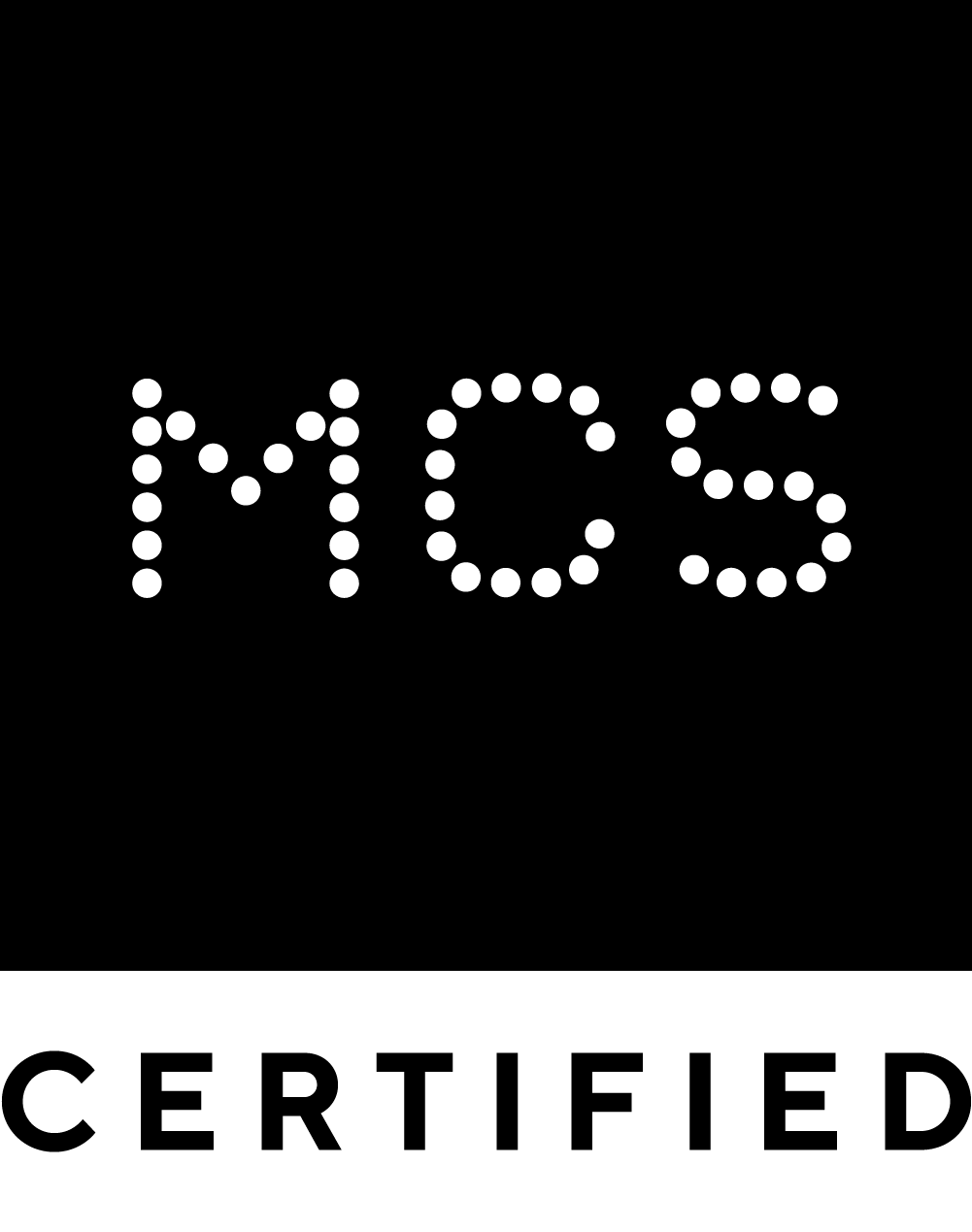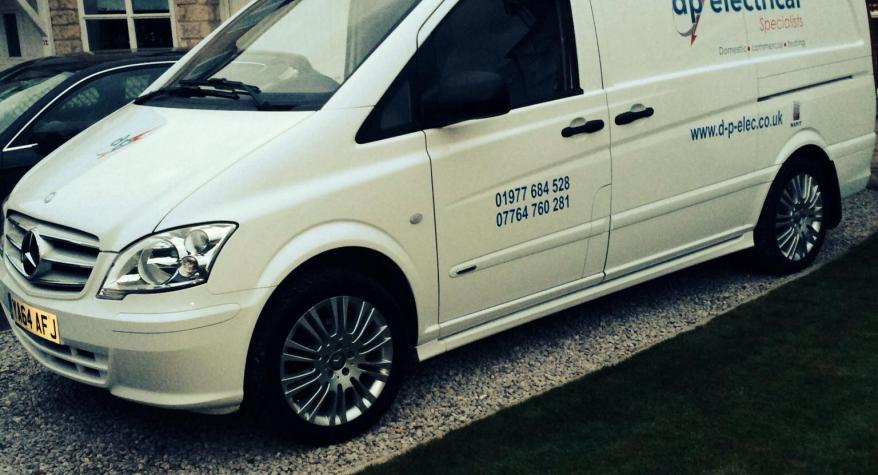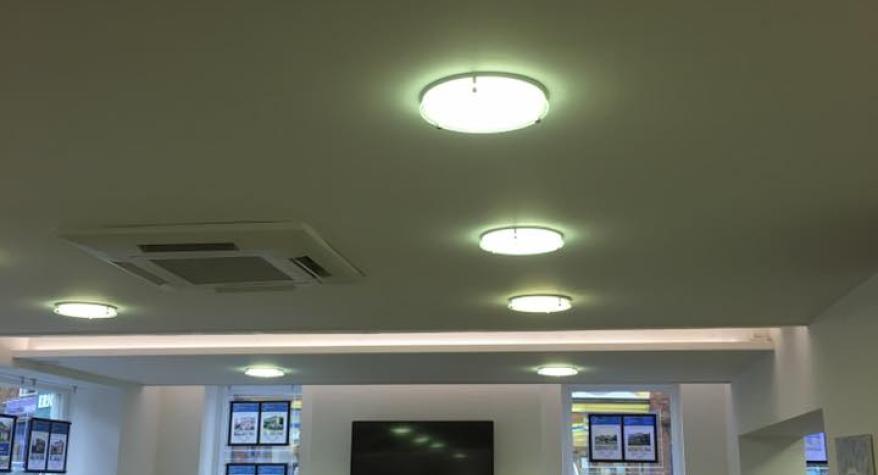Commercial Electrical Testing (EICR) in Leeds
What is the purpose of an EICR or Periodic Electrical Inspection?
The purpose of an Electrical Installation Condition Report is to show the results achieved from a periodic electrical inspection. The EICR itself is simply a document rather than an inspection process.
Inspecting electrical systems is important and in some cases a way of complying with legal obligations in commercial premises such as the Electricity at Work Act 1989 and HASAWA 1974.
The process is carried out to check the condition of the electrical installation and highlight any dangers, potential dangers, or non-compliances with the wiring regulations.
Who requires an EICR?
An EICR is a legal obligation for many people and companies. The frequency of electrical inspections can vary and if in doubt, you should check your company insurance policy to ascertain their expected inspection intervals.
The Institute of Engineering and Technology (IET) specifies that a commercial EICR should be conducted every 5 years.
Many companies opt for a small percentage of circuits to be inspected each year such that, every 5 years the whole electrical installation will have been inspected. This is quite a sensible idea as this involves less disruption as a whole to the business and can mean that potential dangers are picked up on sooner rather than later.
It can also mean that any electrical situations that would result in expensive repairs are rectified sooner resulting in the possibility of less expense and downtime for the business premises.
What is involved in a Commercial EICR?
A COMMERCIAL EICR IN LEEDS will involve checking:
- That all earthing is in place, suitably connected and sized. Undersized or insufficient earthing can lead to electrical shock risk in the event of faults.
- The cable insulation quality of each circuit may be checked to establish the condition of the wiring insulation. Test results showing poor readings for cable insulation may indicate that wiring is damaged, coming to the end of its life or in need of replacement.
- Cables are correctly sized. Cables need to be of a certain thickness to transport large electrical currents. Distance can also affect the thickness and without adequate cable sizing, danger may be present.
- Protective devices are likely to operate as intended. Trip switches in the distribution board will be checked for type and circuit resistances measured to ensure that everything is compatible. Where protective devices are not of the right type, there is no guarantee that the electrical circuit will turn off automatically when electrical faults develop.
- The power may need to be shut off to certain areas. Where the inspector deems it necessary, the electrical supply to certain areas may need to be isolated in order to safely carry out electrical testing. It may be best to carry out certain checks out of hours of the businesses normal operating times.
Is a Commercial EICR every 5 years?
Generally speaking, this is the recommended interval. This interval can be shortened when an electrical inspector deems it necessary. A contractor may decide that an electrical installation in poor condition or subject to harsh operating conditions needs to be checked a little sooner in order to monitor any deterioration in the system.
Get in touch
If you need a COMMERCIAL EICR IN LEEDS then get in touch with us at DP Electrical Specialists and we will be happy to help.

